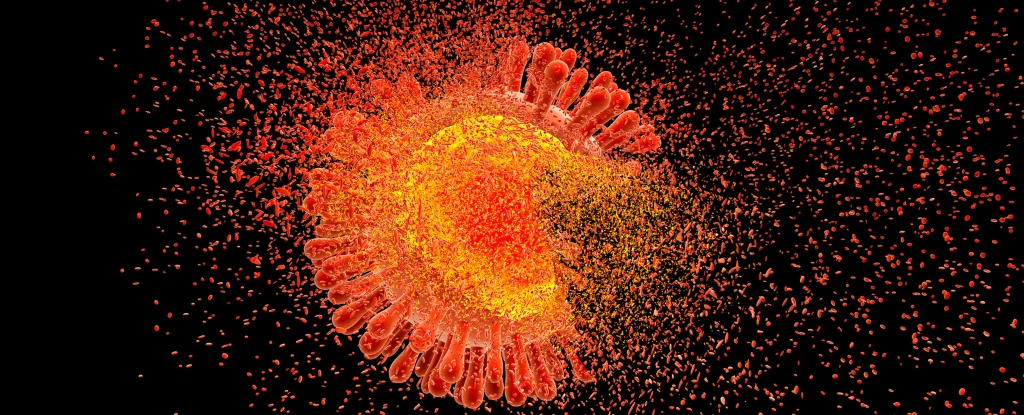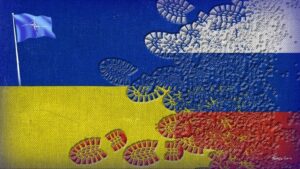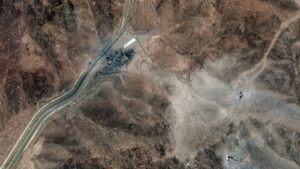
WASHINGTON D.C. – In a landmark decision, the U.S. Food and Drug Administration approved a twice-yearly injection developed by Gilead Sciences to prevent HIV, marking a significant advancement in combating the virus.
Immediate Impact
Gilead Sciences celebrated the approval of its injection, known as Lenacapavir and marketed under the brand name Yeztugo, as a major breakthrough in the ongoing fight against HIV. The approval is seen as a pivotal moment in public health, offering a new preventative option that could dramatically reduce infection rates.
Key Details Emerge
The newly approved drug, Lenacapavir, has demonstrated an ability to reduce the risk of HIV transmission by more than 99.9 percent in adults and adolescents. This efficacy positions it as a powerful alternative to existing pre-exposure prophylaxis (PrEP) methods, which typically require daily medication.
Lenacapavir showed a 100 percent reduction in infections in a trial with over 2,000 women in sub-Saharan Africa, outperforming the daily oral pill Truvada.
In another study involving more than 2,000 men and gender-diverse individuals, only two infections were recorded, achieving a 99.9 percent prevention rate, again surpassing Truvada.
Industry Response
Gilead’s chairman and CEO, Daniel O’Day, hailed the approval as historic, stating, “This is a historic day in the decades-long fight against HIV.” The announcement comes as a significant boost to the company’s portfolio and a potential game-changer in global health strategies against HIV.
Price Concerns and Accessibility
Despite the promising results, concerns over the drug’s cost could temper optimism. Analysts estimate that the U.S. launch price for Yeztugo could reach $25,000 per year. In comparison, the current list price for Lenacapavir’s use as an HIV treatment is $39,000 annually, though it is expected to decrease for preventive use.
“Even high-income countries will not be able to afford widescale use of lenacapavir at prices above US $20,000 per year,” said Andrew Hill of Liverpool University.
By the Numbers
- Lenacapavir reduces HIV transmission risk by 99.9%.
- Trial in sub-Saharan Africa showed a 100% reduction in infections.
- Estimated U.S. launch price: $25,000 per year.
- Current treatment price: $39,000 annually.
What Comes Next
To address pricing concerns, Gilead has signed agreements with six pharmaceutical companies to produce and distribute generic versions of the drug in 120 low- and middle-income countries. Additionally, a separate deal with the Global Fund aims to provide doses for two million people.
However, the future of these agreements is uncertain due to previous cuts to the PEPFAR program under the Trump administration, which could affect funding and distribution efforts.
Expert Analysis
Winnie Byanyima, under-secretary-general of the United Nations, emphasized the importance of affordable pricing, stating, “Lenacapavir could be the tool we need to bring new infections under control – but only if it is priced affordably and made available to everyone who could benefit.”
Background Context
This development builds on over a decade of research into HIV prevention strategies. Previous methods, such as daily oral PrEP, have been effective but limited in their global impact due to adherence challenges and accessibility issues.
The timing is particularly significant because it aligns with global efforts to end the HIV pandemic by increasing access to effective prevention tools worldwide.
As the world watches the rollout of this new injection, the focus will remain on ensuring that it reaches those who need it most, at a price that countries can afford.
The move represents a significant shift from daily oral PrEP to more sustainable and long-term prevention strategies, potentially altering the landscape of HIV prevention and treatment.







